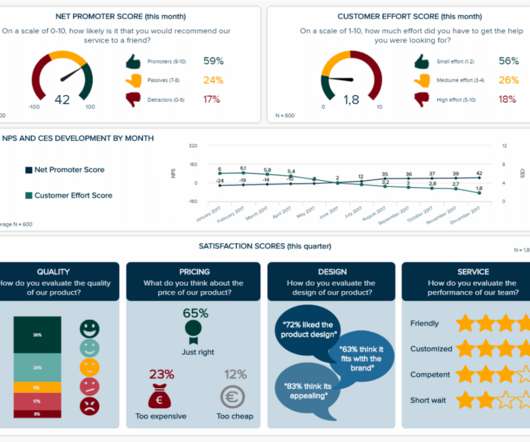NHL turns to venue metrics data to drive sustainability
CIO Business Intelligence
JANUARY 3, 2023
To reduce its carbon footprint and mitigate climate change, the National Hockey League (NHL) has turned to data and analytics to gauge the sustainability performance of the arenas where its teams play. The most important thing about any sustainability platform is you cannot impact what you cannot measure,” Mitchell says.














Let's personalize your content